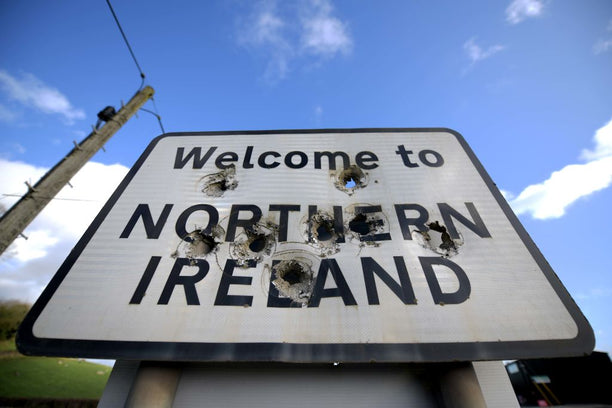
Britain’s Troubles, Ireland’s Pain
Fifty years ago, British troops were deployed on Northern Irish streets in the name of keeping the peace. But their actions simply worsened the crisis — fueling a conflict that still casts a shadow today.

Fifty years ago, British troops were deployed on Northern Irish streets in the name of keeping the peace. But their actions simply worsened the crisis — fueling a conflict that still casts a shadow today.
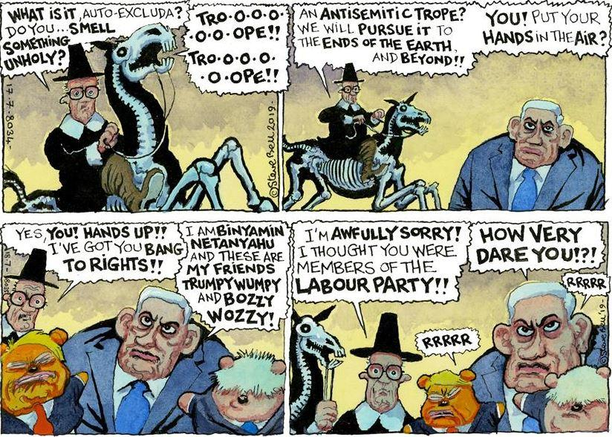
Over the course of the ‘Labour antisemitism’ controversy that has raged over the past few years, the party’s readiness to sanction or expel members who have expressed ‘anti-Jewish’ stereotypes has become the litmus test of its commitment to combating antisemitism. But, what are stereotypes, and are all stereotypes instances of animus towards the group in question?
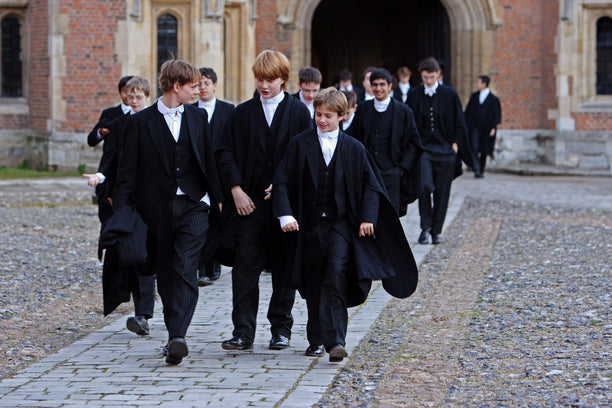
Could Boris Johnson be the last Prime Minister to be educated at Eton? Sol Gamsu makes the case for the integration and abolition of private schools and argues that the tensions and complexity of this issue goes to the heart of creating a socialist strategy for structural change
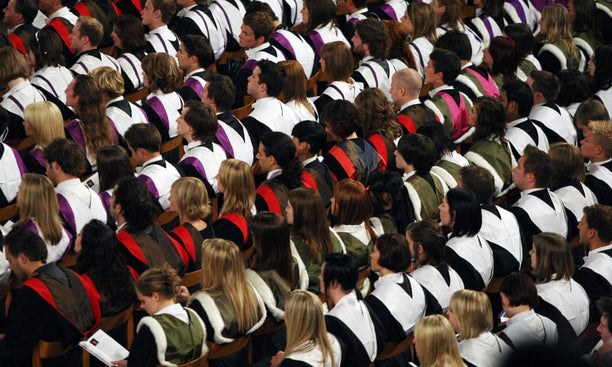
Response from the left to the government's recent Augar Review of higher education has so far focused on whether it is deliverable, not whether it is desirable. In this article, Oliver Eagleton argues that the left must reject the Report's proposals in full, and replace them with a radical, de-marketised alternative.
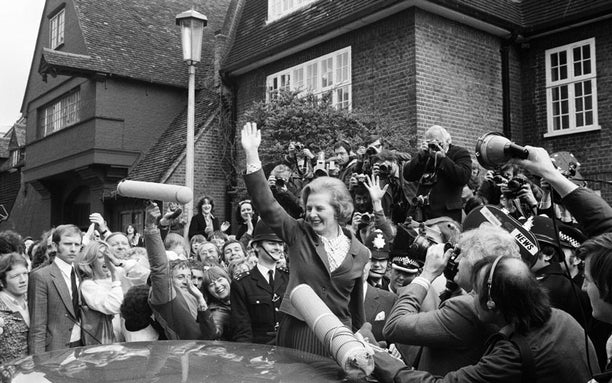
Alexander Gallas on the debates between Stuart Hall and Bob Jessop on the nature of Thatcherite hegemony, and the way in which the New Labour era can be seen as a consolidation of Thatcherite neoliberalism, with Alex Doherty on the Politics Theory Other podcast.
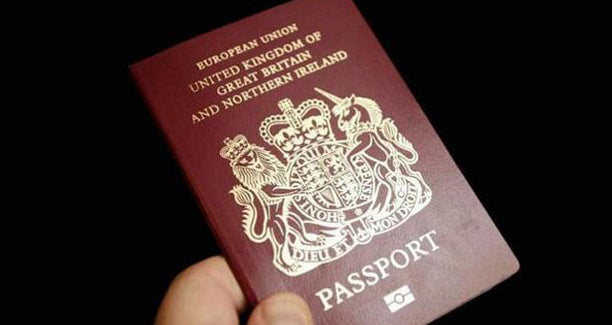
The case of Shamima Begum, the nineteen year-old who ran away to Syria from her home in East London in 2015, is now well known. Yet, the most striking thing about it is not the enactment of the deprivation of her citizenship but the scale of media attention it has received. In this essay, Nisha Kapoor puts the actions of the British state against Begum in its political and historical context.
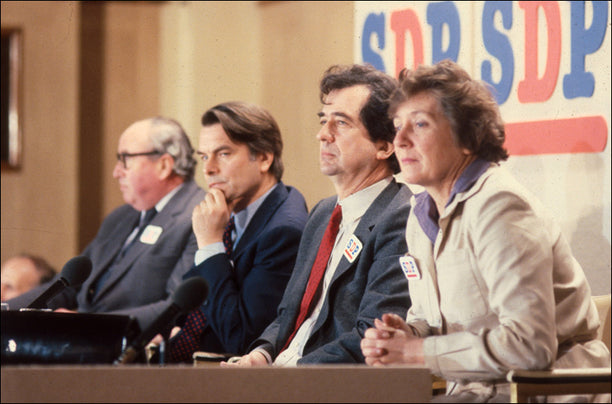
Marx famously noted, following Hegel, "that all great world-historic facts and personages appear, so to speak, twice...the first time as tragedy, the second time as farce." Today's splinter from Labour of 7 sitting MPs to the new "Independent Group" seems to pale in comparison to that other defection to the right in 1981, of the Gang of 4 which formed the Social Democratic Party. In this classic article, written during crisis in Labour precipitated by the SDP split, Stuart Hall analyses the ideology of social democracy and the meaning of the SDP.
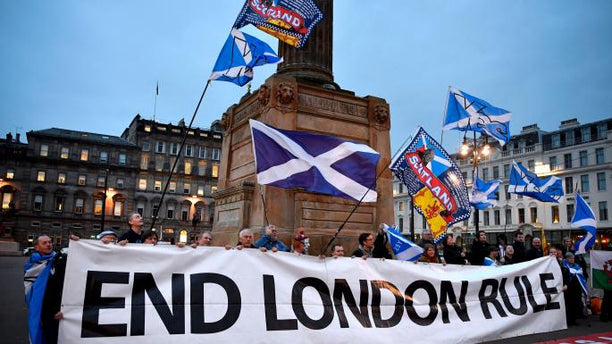
At the height of the crisis of the 1970s Tom Nairn published his collection of essays The Break-Up of Britain, which soon became a key intellectual reference point for the Scottish and British left. Post-Brexit, could those same trends that Nairn predicted would lead to the break-up of Britain be returning? In this article, Scott Lavery asks what Nairn can teach us today.
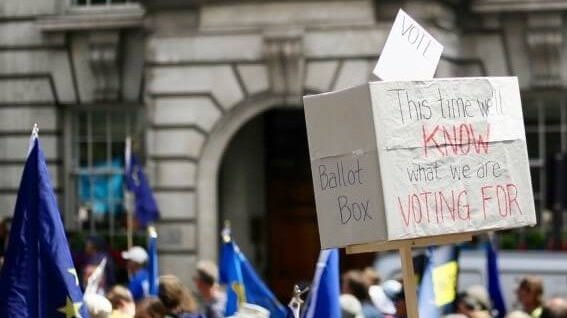
The frequently invoked will of people has been one constant of discussion around Brexit, often used to dismiss the idea of a second referendum. But what do we mean by the people's will? In this article, Peter Hallward looks to the legacy of Rousseau.
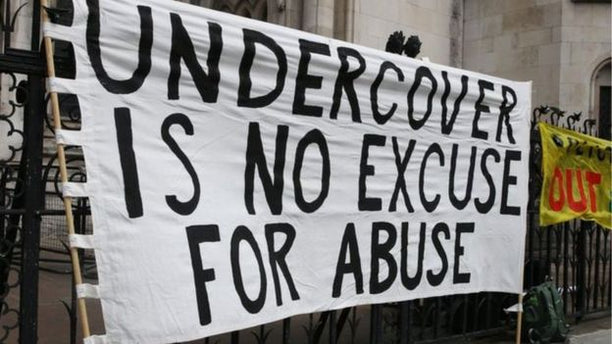
Recent revelations show that at least 140 English and Welsh ‘spycops’, long-term undercover agents, infiltrated around 120 dissident political organisations between 1968 and 2011 - the vast majority of the these being organisations on the left. But why does the state infiltrate political organisations? And why does it disproportionately target those on the left, as opposed to the right? In this article Connor Woodman looks at the history of the British secret state and the role it plays in the maintenance of capitalism.
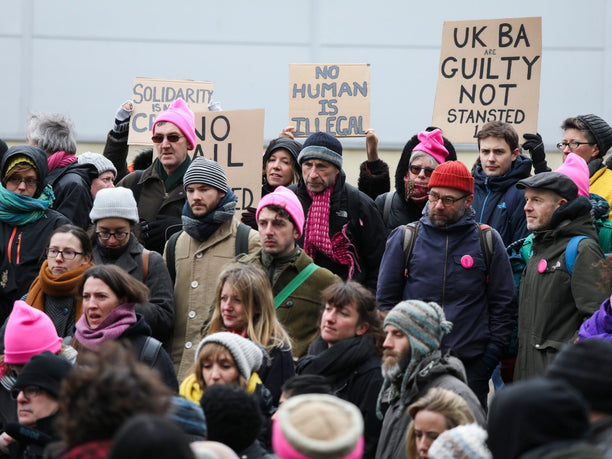
The Stansted 15, who peacefully blocked a mass deportation flight in March 2017, were convicted on Monday under the Aviation and Maritime Security Act. They face up to life in prison and await sentencing in February. Luke de Noronha and Tanzil Chowdhury reflect on their conviction and its profound significance for all of us.